If you’ve ever been mesmerized by a cockatoo’s stunning crest, playful personality, and impressive intelligence, you’re not alone. These charismatic birds captivate the hearts of bird enthusiasts worldwide. However, beneath their charming exterior lies a significant financial commitment that many prospective owners fail to consider fully. While the initial cockatoo price might seem straightforward, the true cost of owning a cockatoo extends far beyond the purchase price.
In this comprehensive guide, we’ll explore the complete cockatoo cost breakdown—revealing seven hidden expenses that can catch unprepared owners by surprise. From initial purchase considerations to long-term maintenance costs, you’ll gain valuable insights into what it really means to finance these magnificent birds throughout their surprisingly long lifespans.
Whether you’re seriously considering bringing a cockatoo into your home or simply curious about what cockatoo ownership entails financially, this detailed analysis of cockatoo expenses will help you make an informed decision about whether these captivating birds align with your budget and lifestyle.
The Initial Investment: How Much Does a Cockatoo Cost to Purchase?
When exploring the world of cockatoo ownership, the first question most prospective owners ask is straightforward: “How much does a cockatoo cost?” The answer, however, is anything but simple.
Cockatoo Price Range by Species
The cockatoo price in USA varies dramatically depending on the species:
- Umbrella Cockatoo: $1,000-$3,000
- Moluccan Cockatoo: $1,500-$4,000
- Goffin’s Cockatoo: $700-$1,500
- Sulphur-Crested Cockatoo: $1,800-$3,500
- Rose-Breasted (Galah) Cockatoo: $1,000-$2,500
- Bare-Eyed Cockatoo: $800-$1,200
- Black Palm Cockatoo: $15,000-$25,000+ (one of the most expensive pet birds worldwide)
These prices reflect averages for young, hand-raised birds from reputable breeders. Wild-caught cockatoos, though less expensive, often come with behavioral issues and health concerns that can increase long-term costs significantly—not to mention the ethical implications.
Factors Affecting Cockatoo Pet Price
Several factors influence the initial cockatoo price:
- Age: Baby cockatoos typically command premium prices as they bond more easily with new owners. Adult birds are often less expensive but may come with established behaviors or habits.
- Breeding: Hand-raised birds who have been socialized from an early age cost more but generally make better companions with fewer behavioral issues.
- Rarity: Less common species or color mutations command significantly higher prices due to their scarcity and breeding difficulty.
- Location: Prices vary by region based on availability and demand. In some areas, certain species may be considerably more expensive due to transportation costs or limited breeding populations.
- Health Status: Birds with documented health checks and genetic testing often come with higher price tags but may save money long-term through fewer veterinary issues.
Cockatoo Adoption Cost: A More Affordable Alternative?
For those seeking a more affordable entry point, cockatoo adoption presents a viable alternative:
- Bird Rescue Organizations: $200-$800 adoption fee
- Parrot Sanctuaries: $250-$1,000 adoption fee
- Owner Rehoming: Often lower costs, but variable quality of care
Adoption not only costs less initially but also gives a deserving bird a second chance. However, adopted cockatoos sometimes come with challenging behaviors or medical issues from previous care situations. These can be overcome with patience, but may require additional resources and professional help.
Dr. Brian Speer, renowned avian veterinarian and author of “Birds for Dummies,” notes: “While adoption is a wonderful option, prospective owners should thoroughly evaluate their ability to meet the behavioral and medical needs of a rehomed bird. Sometimes these birds require even more specialized care than those purchased as youngsters.”
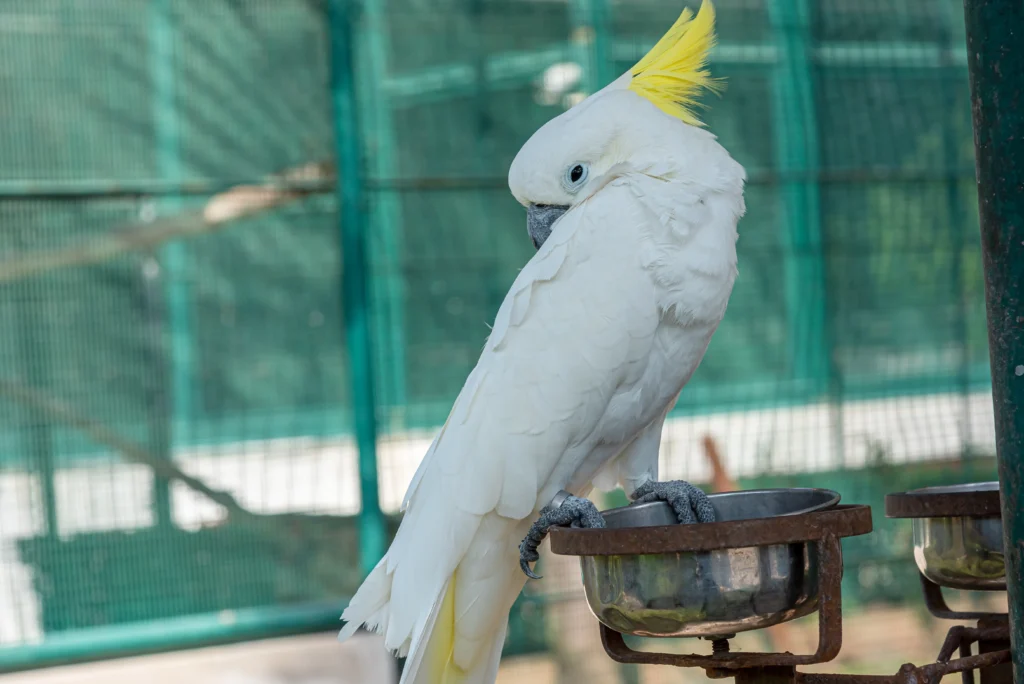
Hidden Expense #1: Cockatoo Cage Cost and Housing Requirements
One of the most substantial initial investments beyond the bird itself is appropriate housing. Cockatoos are large, active birds that require significantly more space than many other pet bird species.
Adequate Cage Requirements and Costs
When it comes to cockatoo cage cost, quality cannot be compromised:
- Minimum Cage Size: 36″ W x 24″ D x 48″ H for smaller species; 40″ W x 30″ D x 60″ H for larger species
- Bar Spacing: 3/4″ to 1″ spacing (to prevent escape or injury)
- Material Quality: Stainless steel or powder-coated metals that can withstand powerful beaks
- Price Range: $300-$600 for adequate starter cages; $800-$2,000+ for premium cages
The Association of Avian Veterinarians recommends: “The minimum cage for any cockatoo should be large enough for the bird to fully extend its wings in all directions without touching the sides. Ideally, it should be even larger to accommodate play and exercise.”
Additional Housing Expenses
Beyond the cage itself, your cockatoo will need:
- Play Stands: $100-$300
- Travel Carriers: $50-$150
- Cage Covers: $30-$80
- Cage Placement Modifications: Potential room renovations or reinforcements to accommodate a large cage
These expenses can add $200-$500 to your initial setup costs. Additionally, cockatoos are notorious for cage destruction, meaning you may need to replace certain components or even entire cages throughout their lifetime.
Hidden Expense #2: Specialized Diet and Ongoing Cockatoo Food Cost
Proper nutrition is essential for cockatoo health and longevity, but the cockatoo food cost surprises many new owners with its significance in the overall budget.
Daily Nutritional Requirements
A balanced cockatoo diet typically includes:
- Premium Pellets: 60-70% of diet
- Fresh Vegetables and Fruits: 20-30% of diet
- Seeds, Nuts, and Treats: 5-10% of diet (limited due to high fat content)
Monthly Cockatoo Food Cost Breakdown
For an average-sized cockatoo, expect to spend:
- High-Quality Pellets: $25-$45 monthly
- Fresh Produce: $40-$80 monthly
- Treats and Supplements: $15-$30 monthly
This translates to approximately $80-$155 per month or $960-$1,860 annually just for proper nutrition. Lower-quality diets might cost less initially but often lead to expensive health problems later.
Dr. Laurie Hess, avian specialist and author of “Unlikely Companions,” emphasizes: “Cockatoos fed primarily seed diets are at significantly higher risk for malnutrition, fatty liver disease, and vitamin A deficiency. The additional cost of quality pellets and fresh foods is minimal compared to treating these entirely preventable conditions.”
Hidden Expense #3: Cockatoo Vet Costs and Healthcare
Perhaps the most underestimated aspect of cockatoo ownership is the cost of veterinary care. Unlike dogs and cats, birds require specialized avian veterinarians whose expertise commands premium rates.
Routine Veterinary Care
Annual wellness care typically includes:
- Wellness Examination: $75-$150
- Basic Blood Work: $150-$300
- Fecal Analysis: $40-$80
- Beak and Nail Trimming: $20-$40
These basic procedures result in annual preventative care costs of $285-$570, assuming your cockatoo remains healthy.
Emergency and Specialized Care
When health issues arise, costs escalate quickly:
- Emergency Examination: $100-$250
- Diagnostic Testing (X-rays, Advanced Blood Work): $200-$600
- Hospitalization: $100-$300 per day
- Surgery: $500-$3,000+ depending on complexity
- Specialized Treatments: Highly variable
According to the Avian Welfare Coalition, the average bird owner should budget for at least one significant medical event every 3-5 years, with costs potentially reaching $1,000-$3,000 per incident.
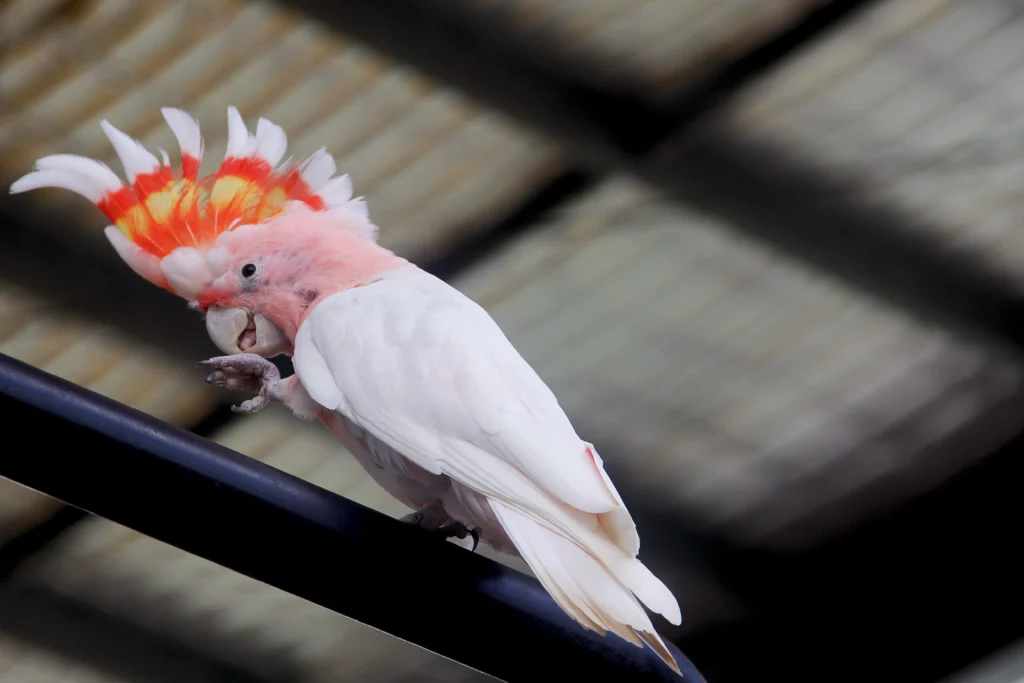
Preventative Health Products
Additional health-related expenses include:
- Vitamin Supplements: $10-$30 monthly
- Grooming Supplies: $50-$100 annually
- Air Purifiers: $100-$300 (initial purchase)
- Humidifiers/Dehumidifiers: $50-$200 (climate depending)
These preventative measures can add $200-$500 annually to your cockatoo maintenance cost but may reduce more expensive veterinary interventions later.
Hidden Expense #4: Environmental Enrichment Necessities
Cockatoos are highly intelligent birds with emotional complexity comparable to human toddlers. Without adequate mental stimulation, they can develop destructive behaviors and psychological issues that prove costly both emotionally and financially.
Toys and Entertainment
Experts recommend:
- Rotation of 10-15 Toys: $20-$50 each
- Toy Replacement: Monthly due to destruction
- Foraging Toys: $30-$100 monthly
- Puzzle Toys: $30-$80 each
This essential mental stimulation translates to approximately $100-$250 monthly or $1,200-$3,000 annually.
Avian behaviorist Pamela Clark notes: “Environmental enrichment isn’t optional for cockatoos—it’s as essential as food and water. Without adequate stimulation, these birds develop behavioral issues that can make them unhappy and ultimately unadoptable.”
Training and Behavioral Support
Many cockatoo owners eventually require:
- Professional Behavior Consultations: $75-$150 per session
- Training Resources: $50-$200 for books, courses
- Behavior Modification Tools: $100-$300
These expenses vary widely based on your bird’s individual needs and your own experience level, but many owners report spending $500-$1,000 on behavioral support during their bird’s lifetime.
Hidden Expense #5: Home Modifications and Damage Control
Cockatoos are notorious for their destructive capabilities, something rarely factored into initial cost calculations.
Preventative Home Modifications
Common necessary adjustments include:
- Bird-Proofing Wires and Hazards: $100-$300
- Protective Coverings for Furniture: $200-$500
- Replacement of Toxic Household Plants: Variable
- Window Treatments Safe for Birds: $200-$600
- Non-Toxic Paint for Bird Areas: $40-$100 per gallon
Property Damage
Despite best efforts, many cockatoo owners report:
- Furniture Repair/Replacement: $200-$2,000+ lifetime
- Wall/Woodwork Repairs: $300-$1,000+ lifetime
- Replacement of Destroyed Items: Highly variable
The Companion Parrot Quarterly surveyed long-term cockatoo owners who reported average lifetime damage costs between $2,000-$5,000, with some reporting significantly higher figures.
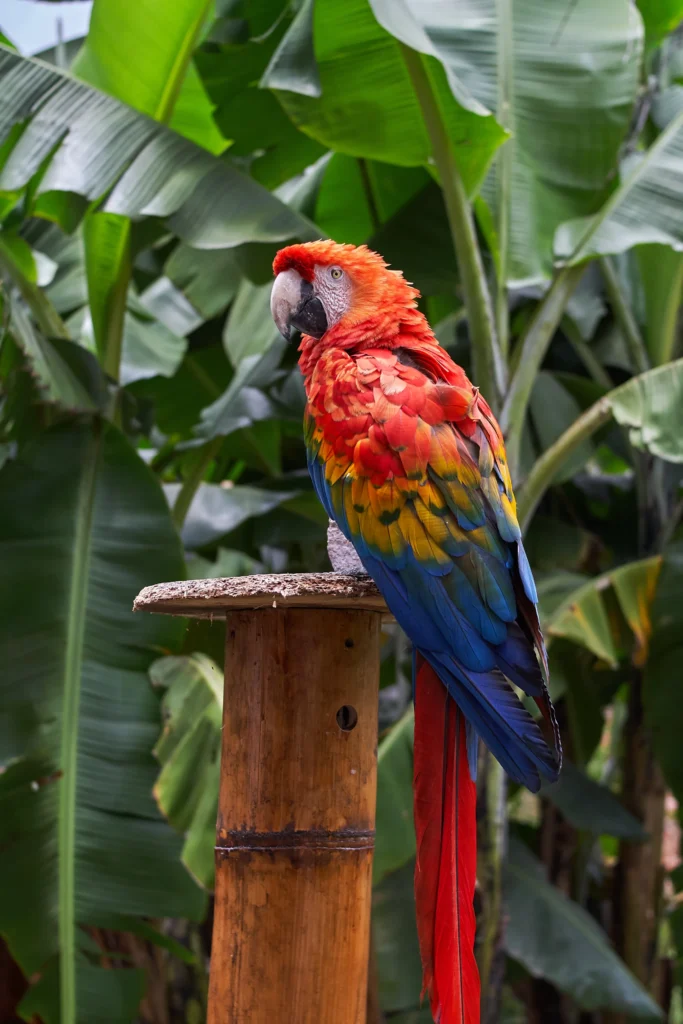
Hidden Expense #6: Long-Term Care Considerations
With lifespans ranging from 40-70 years depending on species, cockatoos often outlive their original owners, creating unique financial considerations.
Estate Planning
Responsible cockatoo ownership includes:
- Avian Trust Establishment: $500-$2,000 legal fees
- Trust Funding: $25,000-$50,000 recommended minimum
- Will Specifications: $300-$800 legal fees
Long-Term Care Insurance
Some owners establish:
- Specialized Pet Insurance: Limited availability, $30-$100 monthly when available
- Emergency Fund Recommendations: $5,000-$10,000 minimum
While not immediate expenses, these considerations should factor into the lifetime cost of owning a cockatoo, particularly for older owners or those with larger species that routinely live 60+ years.
Hidden Expense #7: Time Off Work and Lifestyle Adaptations
Perhaps the most overlooked “expense” is the time investment required—which often translates to actual financial costs through reduced work hours or hired help.
Daily Time Requirements
Cockatoos need:
- Out-of-Cage Time: Minimum 3-4 hours daily
- Social Interaction: Consistent daily attention
- Training Sessions: 15-30 minutes, multiple times daily
Financial Impact
These time demands often result in:
- Reduced Work Hours: Variable income impact
- Bird Sitters: $25-$75 daily when traveling
- Professional Interaction Services: $20-$50 per visit
Avian specialist Dr. Susan Friedman explains: “Cockatoos are flock animals that have evolved to spend virtually all their waking hours in social contact. The financial cost of providing adequate social interaction—whether through your time away from work or paid assistance—is substantial and often underestimated.”
Annual Cockatoo Cost: Putting It All Together
When calculating the cockatoo cost per year, we need to combine all these factors into a comprehensive picture:
First Year Expenses (Average)
- Bird Purchase/Adoption: $1,500-$3,000 (species dependent)
- Cage and Setup: $500-$2,500
- Initial Veterinary Visits: $300-$600
- Initial Supplies: $400-$800
- First Year Food: $960-$1,860
- First Year Toys/Enrichment: $1,200-$3,000
Total First Year Investment: $4,860-$11,760
Subsequent Annual Expenses
- Food and Nutrition: $960-$1,860
- Regular Veterinary Care: $285-$570
- Toys and Enrichment: $1,200-$3,000
- Miscellaneous Supplies: $200-$500
- Damage Repair (Average): $100-$300
- Emergency Fund Contribution: $500-$1,000 recommended
Annual Recurring Cost: $3,245-$7,230
Lifetime Cost of Owning a Cockatoo
For a cockatoo with a 50-year lifespan:
Average Lifetime Cost: $167,000-$372,000
This calculation doesn’t include inflation, unexpected medical emergencies, or the potential need for specialized care in later years.
Comparing Cockatoo Price in USA vs. UK and Other Regions
While our focus has been on the cockatoo price in USA, it’s worth noting regional variations for comparison:
Cockatoo Price in UK
- Initial Purchase: £800-£3,000 ($1,000-$3,800 USD)
- Annual Care: £2,000-£5,000 ($2,500-$6,300 USD)
UK costs are generally comparable but can be higher due to:
- Stricter importation laws
- Limited breeding populations
- Higher veterinary care costs
- More expensive specialized food products
Australian Pricing (Native Habitat)
In Australia, where many cockatoo species are native:
- Ownership Restrictions: Many species protected/regulated
- Licensed Species Price Range: AUD $800-$3,000 ($550-$2,000 USD)
- Annual Care: Similar proportionally to USA
Is a Cockatoo Worth the Investment? Making an Informed Decision
After examining the comprehensive cockatoo cost breakdown, prospective owners must ask themselves: Is the significant financial investment worthwhile?
Who Should Consider Cockatoo Ownership
Cockatoos may be suitable for individuals who:
- Have stable, disposable income well above the annual care costs
- Can commit to decades of consistent care
- Have flexible schedules allowing for daily interaction
- Value deep, complex bonds with intelligent companion animals
- Have patience for challenging behaviors and loud vocalizations
Who Should Consider Alternatives
Cockatoo ownership may not be suitable for those who:
- Have tight or unpredictable financial situations
- Plan to relocate frequently or live in rental properties
- Work long hours away from home
- Have young children as primary caretakers
- Desire a low-maintenance pet
- Live in settings where noise restrictions apply
Practical Ways to Manage Cockatoo Expenses
For those committed to cockatoo ownership despite the costs, several strategies can help manage expenses:
Cost-Saving Strategies
- Adoption vs. Purchase: Consider adoption from reputable rescues.
- DIY Enrichment: Learn to make safe, engaging toys rather than constantly purchasing them.
- Preventative Healthcare: Invest in proper nutrition and preventative care to avoid costly treatments.
- Insurance: Research exotic pet insurance options where available.
- Skill Development: Learn to perform basic grooming and health checks yourself under veterinary guidance.


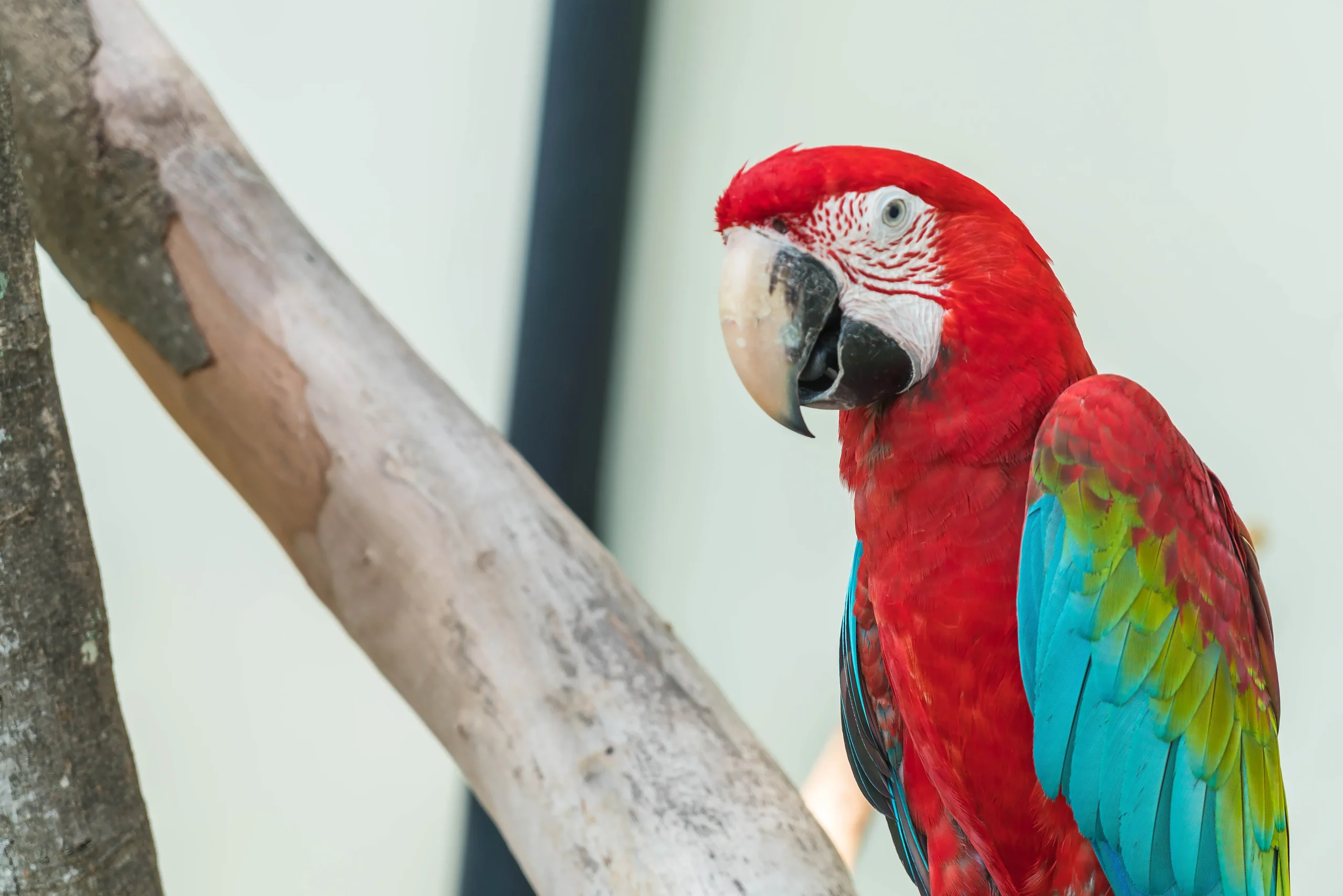

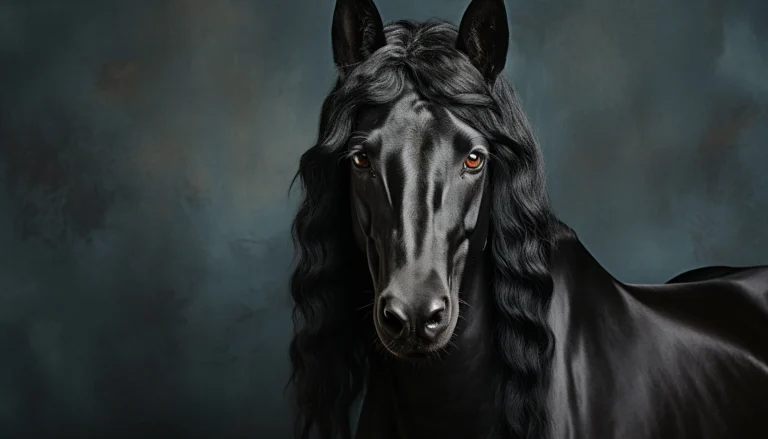
Leave a Comment